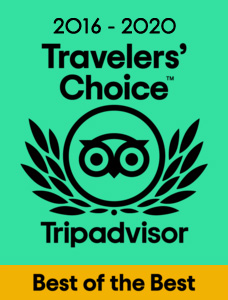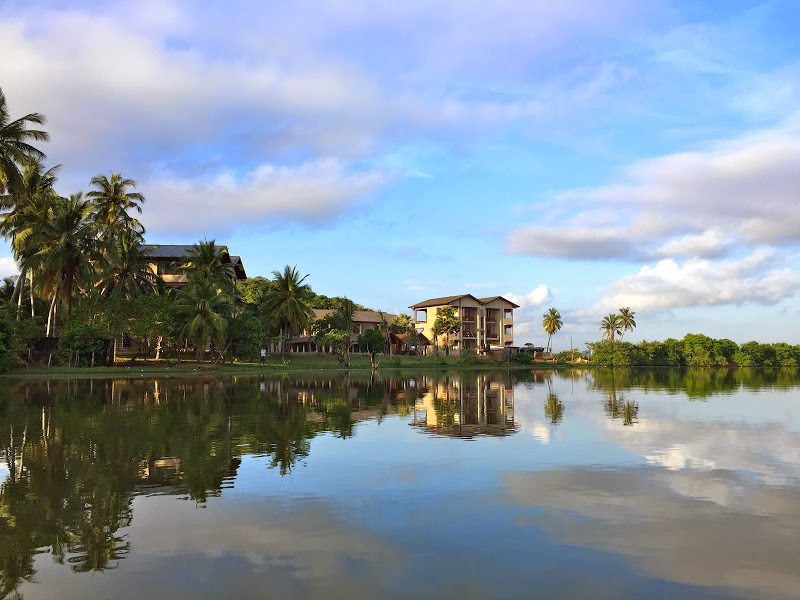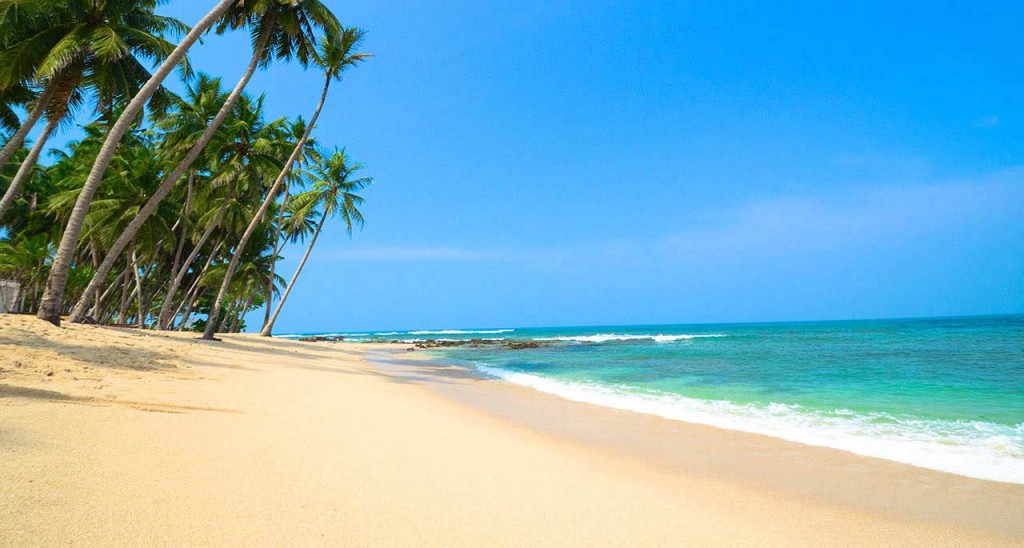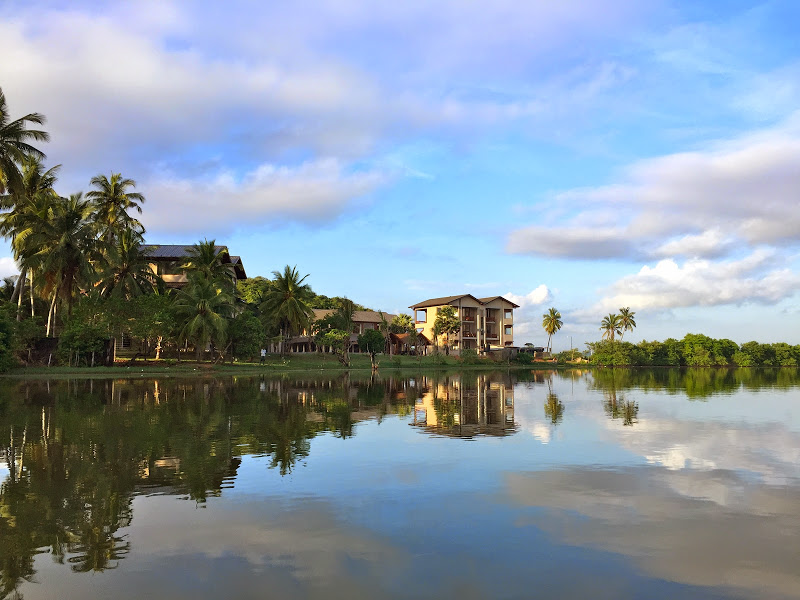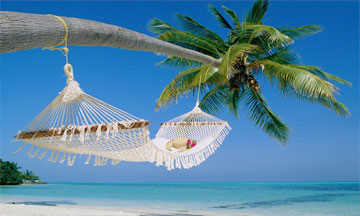Posted In : Excursion
A New Hotel Poised to Transform Trincomalee
Despite its abundant natural beauty and status as one of the oldest cities in Asia, northeastern Sri Lanka’s Trincomalee is just emerging as one of Sri Lanka’s hot spots for tourism. Here, a new upscale hotel has opened, marketing itself to foreign travelers. And even with the overwhelming confidence that comes from his 20 years’ experience in the industry,lead engineer Priyantha Marawatta freely admits that the Amaranthé Bay Hotel has proven among his most challenging projects to date.
Among the reasons for the project’s complexity is that Trincomalee was part of the territory that the Liberation Tigers of Tamil Eelam (LTTE) hoped to establish as a separatist state during its 26-year civil war with the Sri Lankan government. Although the war ended in 2009, former LTTE strongholds like Trincomalee economically lag behind the rest of the country on a number of fronts, including in employment, industrial growth and infrastructure. The devastation caused by the 2004 Indian Ocean tsunami further wreaked havoc on economic livelihoods, and stunted the growth of markets and businesses in the region. Most people in these areas have been internally displaced multiple times by the conflict, ripping up both homes and businesses. Underemployment is high, and the few available jobs outside of farming typically require experience that residents do not possess.
To strengthen the economy and create employment in lagging areas like Trincomalee, the U.S. Agency for International Development (USAID) has been investing in businesses with the potential for sustainable growth and job creation through the 4-year VEGA/BIZ+ program. Led by Volunteers for Economic Growth Alliance (VEGA) and implemented by Land O’Lakes International Development, the program is investing in businesses like the Amaranthé Bay Hotel.
“We want the Amaranthé to be unique in all of Sri Lanka,” Mr. Marawatta said of the hotel, which takes its name from a rare, striped ebony-like wood. “We will be hosting a wide range of excursions that will get visitors engaged in the local culture, such as to local Hindu temples, the famed Marble Beach, a full on-site spa, aerobics and dance classes, and much more.”
The grants VEGA/BIZ+ provides to companies like River View Palm Hotel, Ltd. – Amaranthé’s parent company – are generally catalytic investments designed to enable the successful growth of established companies, rather than seed money to start-up entirely new businesses. The VEGA/BIZ+ program requires each enterprise to develop a solid business plan, which is shaped and supported technically by the program, and to shoulder at least half the costs for their business’ planned growth.
River View Palm Hotel invested US $3,303,629 to cover the majority of the Amaranthé Bay Hotel’s construction and all furnishings, equipment and hotel assets, shouldering a whopping 87 percent of the investment. Meanwhile, the US $488,462 grant provided by USAID through VEGA/BIZ+ enabled the construction of additional hotel chalets, and technical assistance on pricing/cost management, energy efficiency, e-marketing, website development, hotel operations system hardware, and marketing to foreign clientele. The program also gave the company strict guidelines to follow on issues such as land acquisition, occupational safety and environmental stewardship. The government has yet to establish effective monitoring systems in these areas.
“Without these requirements, things could have gone haywire. For example, on the environmental front, we wouldn’t have known or cared about the pollution we might have been causing, because it might not have necessarily been apparent on the surface. We would have just been another construction site ignorantly damaging the environment,” Mr. Marawatta explained with conviction.
Other program requirements, such as occupational safety, have been more challenging to implement. Mr. Marawatta noted, “It’s been very difficult forcing our employees and contractors to wear protective gear during construction….But we have also realized it’s good for our bottom line to ensure occupational safety, as there’s no hospital nearby and we could face the risk of lawsuits. We now realize that strong safety standards allow us to be more productive.”
Although the general concept for the Amaranthé Bay Hotel was in place before VEGA/BIZ+, the program adapted the original plan by magnitudes, quintupling the number of guest rooms from six to 30 deluxe rooms, grouped in five separate chalets. “We would never have been able to execute such a large-scale plan without BIZ+ support,” Mr. Marawatta said. Small business loans in Sri Lanka are cost-prohibitive, and often difficult if not impossible for new businesses to obtain.
He added that the hotel’s larger scope has also enabled it to have a greater reverberating impact on the local economy. “We procure as much as we can locally, from gravel to seafood; we hired a local fisherman to ferry passengers to and from the hotel and to scenic locations; and we have been feeding workers with food prepared by the Arumbugal Foundation’s restaurant [a neighboring VEGA/BIZ+ grantee staffed primarily by people with disabilities].”
By October 2014, the hotel had hired all but 19 of the 138 jobs it is creating through the partnership with VEGA/BIZ+ and was planning a December 2014 soft launch. With the exception of a few skilled managers brought in from Colombo, 80 percent of Amaranthé Bay’s staff members are local residents who were unemployed and had few employment opportunities due to the slow growing economy in the region.
“This emphasis was our way of giving back to people in the community who weren’t fully employed, as our company’s owner wanted to make a positive impact on the local economy,” Mr. Marawatta noted. All new staff members are receiving a combination of classroom and on-the-job training, with specialized skill modules according to their job duties.
VEGA/BIZ+ has funded technical assistance to help the hotel structure a system with six different price points, the highest being for direct reservations on their website at about US $155/night, and with substantial discounts at varying levels offered to local tour operators, foreign tour operators, Agoda.com and booking.com, the local market and resident expatriates.
Despite the many challenges along the way, the Amaranthé Bay Hotel is poised to transport Trincomalee from its history of conflict and economic isolation into a place that attracts visitors near and far. Mr. Maruwatta summed it up best, “If we strive to be the same, we will not survive. We must be extra-special, from the way the hotel looks and is furnished, to the customs we establish in providing service to our guests.”

